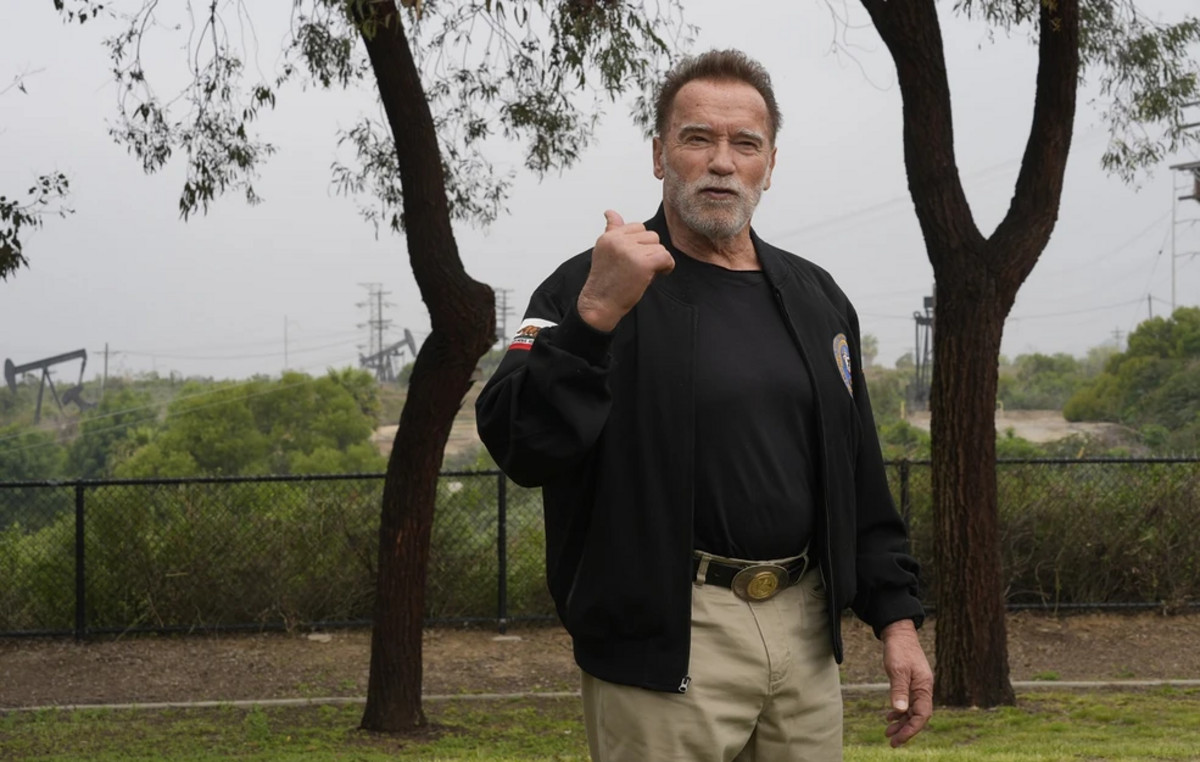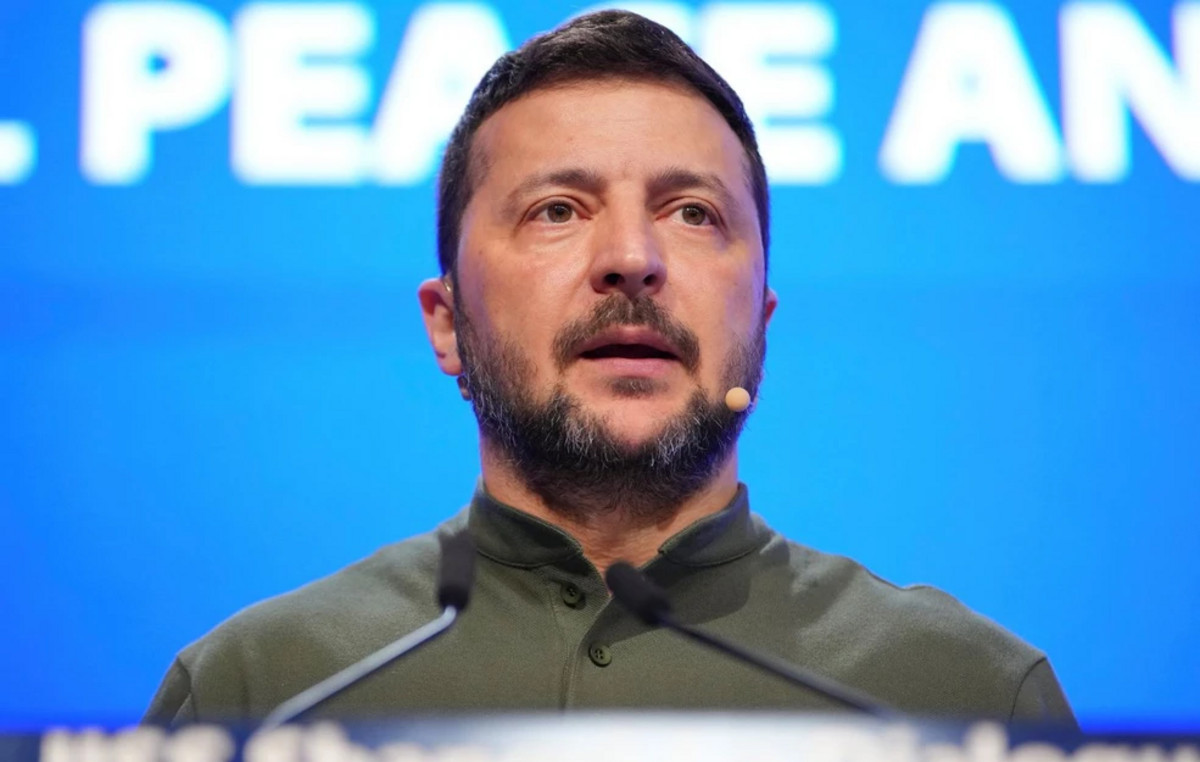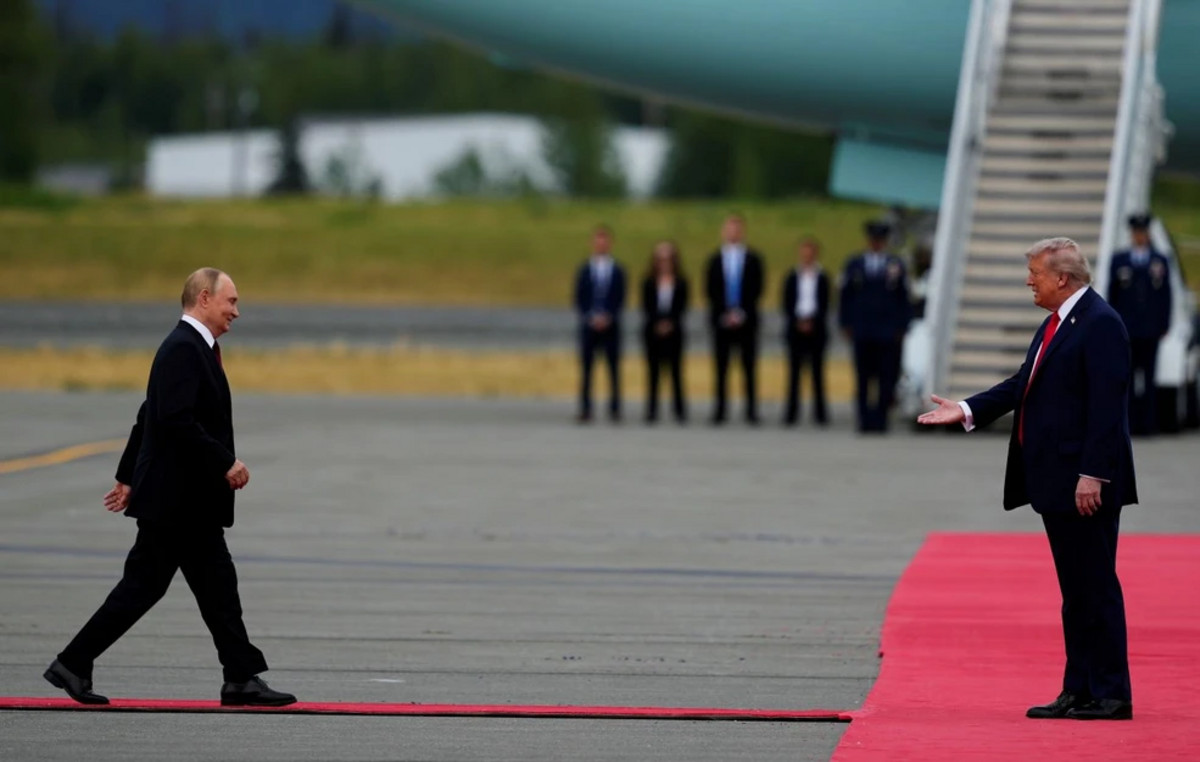Vaccine consultants at the US Centers for Disease Control and Prevention voted unanimously, 11-0, this Friday to recommend booster doses of Pfizer / BioNTech and Moderna’s Covid-19 vaccine for all adults in the United States – all aged 18 and over – six months after finishing the first two doses.
Members of the Advisory Committee on Immunization Practices also voted on a second question, reinforcing the recommendation to say that people aged 50 and over should receive a booster dose of the vaccine.
The votes follow the decision of the US Food and Drug Administration, made the previous Friday, to authorize boosters of the Pfizer/BioNTech and Moderna Covid-19 vaccines for all adults.
Previously, boosters were authorized for anyone 65 years of age or older who had been vaccinated with Pfizer or Moderna vaccines for at least six months and for certain adults at high risk of infection or serious illness.
“Over the course of the Covid-19 pandemic, the FDA worked to make timely public health decisions as the pandemic evolved. Covid-19 vaccines have proven to be the best and highly effective defense. Authorizing the use of a single booster dose of Moderna or Pfizer-BioNTech vaccine for individuals 18 years and older helps provide ongoing protection against Covid-19, including serious consequences that can occur, such as hospitalization and death,” he said. Dr. Janet Woodcock, acting commissioner at the FDA.
‘Everyone is eligible’
Expanding booster eligibility to all adults in the United States may not change the logistics around getting vaccines.
The supply of booster vaccines already exists in many places. There are no “extra steps” on the administrative side of the rollout of reinforcement that need to happen, Adriane Casalotti, head of government and public affairs for the National Association of County and County Health Workers, told CNN.
“Looking at nationally, we have enough vaccine. There are many places that have consultations. Obviously, this varies a little depending on where you live geographically because there is more demand in some areas than in others,” Casalotti told CNN.
“But having said that, I think the main preparation is on the communication side,” added Casalotti. “The communication to local health providers and public health departments is that now you don’t have to worry about eligibility if someone asks you if you need a backup. This is the information – everyone is eligible after six months.”
More than 32 million people in the United States – about 16% of those who are fully vaccinated – have received a booster dose of the Covid-19 vaccine, according to CDC data.
About 18 million seniors received a booster dose of the Covid-19 vaccine, according to CDC data, accounting for more than half of all booster doses given and boosting the immune response to more than a third of seniors altogether vaccinated.
The future of reinforcements
The US now has an average of 94,943 new Covid-19 cases per day, according to Johns Hopkins University – a 31 percent increase from last week and back to levels last seen more than a month ago. Midwestern states account for more than a third (38%) of new cases.
There is concern that winter, which brings people indoors and meetings on holidays, could lead to even more cases.
“We certainly want people to be as well protected as they could be during the season,” said Dr. Marci Drees, ChristianaCare’s director of infection prevention and hospital epidemiologist.
“I think we’re at a point where, for a lot of people who were vaccinated this winter and last spring, now would be the time when their protection would be waning,” he said.
Once people have their booster doses of Covid-19 vaccine, it’s not clear when they might need another dose of the vaccine – if they do.
“That’s certainly the million dollar question. We know boosters boost people’s immunity back to 90% to 95% in the short term. We don’t know how long this will last,” says Drees.
“In a way, we’re charting a new path — and a lot of it is driven by the possibility of getting enough immunity in the population that we can actually stop transmission,” Drees said. “We know that reinforcements will not end the pandemic. They will help and keep people from getting sick, but we really still need to force the introduction of the first and second doses on people as well.”
(Text translated, read original in English here)
Reference: CNN Brasil







